Credit policies foster students' dreams of education in Nghe An
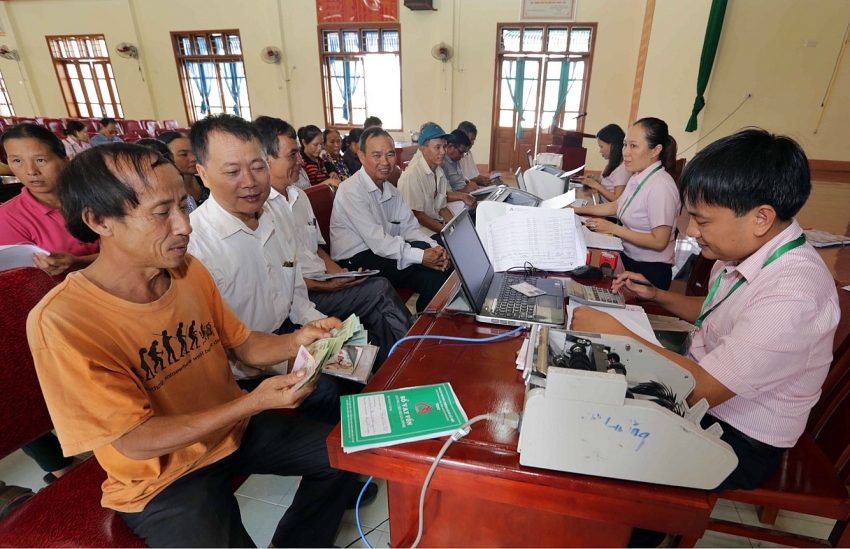 |
| Credit policies to foster students' dreams of education in Nghe An |
The programme’s popularity
Nghe An is a land of scholars, as well as the province with the highest number of loans from the students credit programme in Vietnam. With the goal that no impoverished student will be forced to drop out due to financial restraints, Nghe An Bank for Social Policies is determined to overcome difficulties and provide loans to locals, which helps create opportunities for tens of thousands of poor students. Thanks to the access to preferential capital, a huge burden has been lifted off the shoulders of locals everywhere in the province, from those in the mountains to those in coastal areas.
Implementing the policy for impoverished students’ credit, in the last 11 years, Nghe An Bank for Social Policies has worked closely with socio-political organisations charged with assessing 545,898 student loan applications with the total amount of VND4.256 billion ($188,300).
Up until July 31, 2018, the programme’s total balance has reached VND676 million ($30,000) and 27,639 students with loans.
Several areas with high total balances include Yen Thanh (VND83 million – $3,580), Dien Chau (VND64 million – $2,760), Thanh Chuong (VND56 million – $2,420), Anh Son (VND52 million – $2,240), Do Luong (VND51 million – $2,200), Quynh Luu (VND46 million – $1,985), Tan Ky (VND45 million – $1,940), and Vinh City (VND39 million – $1,680).
The programme’s targeted borrowers are mostly households whose GDP per capita equals 150 per cent of the GDP per capita of impoverished households. Programme beneficiaries are households with a per capita income of 150 per cent of the average income per capita of poor households at VND398 billion ($17.6 million)/14,337 households, accounting for 59 per cent of the total and for 58 per cent of total households.
Next, poor households account for 29 per cent of the total loans and 27 per cent of total households. Households with financial difficulties account for 12 per cent of the total loans and 14 per cent the total number of households borrowing capital. In addition, other beneficiaries include orphaned students, discharged troops, vocational training, and medical graduates, according Decision No.09/2016 / QD-TTg dated March 2, 2016 of the prime minister.
In addition, there are 13 short-term (less than one year) vocational school students with outstanding loans of VND169 million ($7,500), accounting for 0.02 per cent. Debt recovery revenue up until July 2017 has reached over VND250 billion ($11,000). The districts with high debt recovery rates include Yen Thanh, Dien Chau, Quynh Luu, Thanh Chuong, and Anh Son.
As an impoverished mountainous district, Tuong Duong currently has over 600 students holding VND12 billion ($0.53 million) in loans. Vice Chairman of the Tam Dinh People’s Committee Vi Van Mien declares: “Among the district’s 50 students who took up a loan in recent years, there have been several college graduates who were able to land jobs. One example is Lo Thi Huyen, who graduated from Hanoi Law School and is currently an officer in the district. Another case is Lo Van Nghia, a graduate from Sports and Gymnastics College, who returned to his home to become a gym teacher. Regarding the graduates who have yet to find employment, the People’s Committee is working with the Bank for Social Policies to extend the debt recovery deadline for them and their families.”
As for Nam Dan county, there are now 2,100 students with loans from the programme with a total balance of VND51 billion ($2.26 million). The director of the county’s Bank for Social Policies branch, Ho Van Ly, shared: “In the 11 years of the programme, many households were able to withdraw loans to support their children’s education at middle school, college, and university. Many students after graduation were able to find employment and paid off their debts before the deadline.”
As a customer of the programme, Nguyen Thi Khanh’s family from Hung Tien District, Nam Dan county, says that in 2009, they had major financial difficulties. At the time, they had to support two daughters who had been accepted into the University of Humanities and the University of Culture, which prompted Nguyen Thi Khanh to apply for loans. Throughout her daughters’ four years at university, her family received a total of over VND50 million ($2,200) in four instalments. With outstanding academic achievements, one daughter, Le Thi Hang, now has a stable job at a news agency under the Department of Defence. Her savings not only helped her pay off her debts but also support her parents in renovating their house.
Khanh confided that for families who rely solely on agriculture for income, the joy of having a few million VND to enrol their children at schools is rare. Fortunately, thanks to this programme, they have been able to borrow loans with low interest rates and simple applications. More importantly, debt recovery can be extended so they are not under great pressure to repay.
Increasing evaluation, supervision, and promotion
Evaluating and supervising the programme is not only the bank’s but the entire political system’s responsibility. In this process, regional offices play a key role in assessing, verifying, and approving loans, overseeing their use, and finally pushing for due debt recovery for the government.
Therefore, Nghe An Bank for Social Policies actively consults with the People’s Committee in issuing directives for evaluation and supervision. Simultaneously, the bank cooperates with the designated socio-political organisations and related departments to hold examinations under various forms to reduce corruption, ensure that loans are provided to the right targets, and safely recover capital. Nghe An Bank for Social Policies also employs a number of other solutions to solidify and improve the quality of loaning committees, working in tandem with socio-political organisations.
Specifically, the bank has timely implemented the prime minister’s directive regarding the recovery of the principal and the monthly interest at exchange venues for households who are able to repay in advance. Nghe An Bank for Social Policies carried out the policy to reduce interest payments for borrowers who pay off their debts in advance. After 11 years in operation, the students credit programme is showing great results. Debt recovery rates are always high, with overdue debts accounting for a small percentage of the total balance.
Tran Khac Hung, director of Nghe An Bank for Social Policies, said he was proud to work with such a socially-minded programme. He says the programme is an indication of the government’s care for human development. Throughout the last 11 years, the programme has received the attention and approval of society, as has great humanitarian value and is conducted by all levels of the government with marvellous results.
Nghe An Bank for Social Policies also hopes to continue receiving the attention of government offices, departments, and communities to evaluate and verify borrowers in a timely and accurate manner so that the bank can approve loans. It would especially appreciate close cooperation with designated organisations in media promotion and popularisation of the student credit programme, with an aim to maximise the programme’s efficiency in the future.
What the stars mean:
★ Poor ★ ★ Promising ★★★ Good ★★★★ Very good ★★★★★ Exceptional
Related Contents
Latest News
More News
- Development highlights in Q1 through expert’s lenses (April 08, 2024 | 16:48)
- Vietnam logs 17.1 million business cyberthreats in 2023 (April 08, 2024 | 16:34)
- Vietnam now China's top ASEAN trading partner (April 08, 2024 | 16:26)
- Vietnamese businesses grapple with surging exchange rates (April 08, 2024 | 09:59)
- PM outlines 10 socioeconomic achievements in first quarter (April 04, 2024 | 08:00)
- Implementation strategy for new power development plan approved (April 03, 2024 | 15:14)
- Wood sector sees signs of recovery (April 02, 2024 | 06:56)
- Ba Ria-Vung Tau received major investment boost in Q1 (March 29, 2024 | 17:22)
- More chinese solar-tech manufacturers enter Vietnam (March 29, 2024 | 16:10)
- Canadian businesses focus on green energy and agriculture in Vietnam (March 29, 2024 | 10:04)



 Tag:
Tag: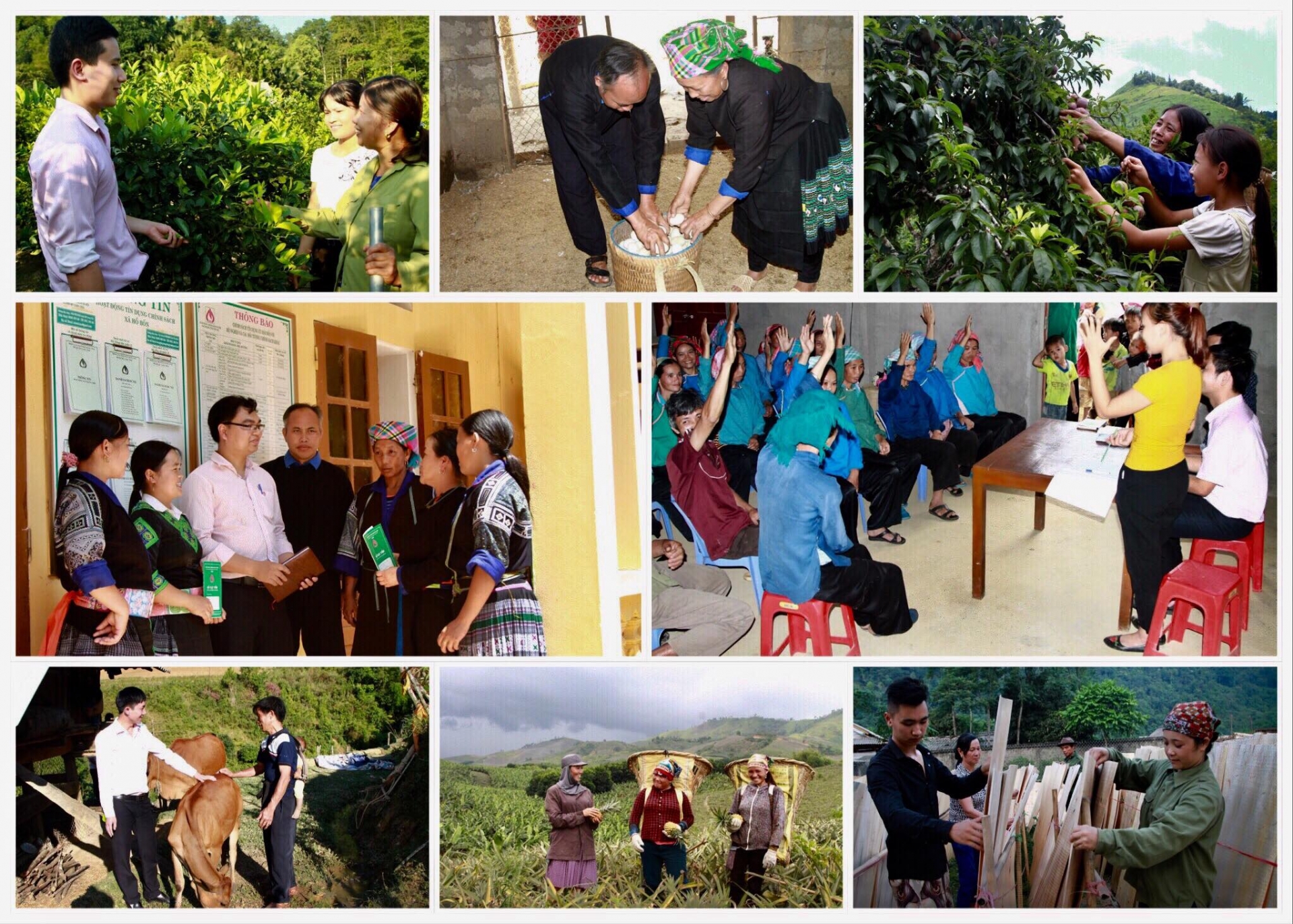
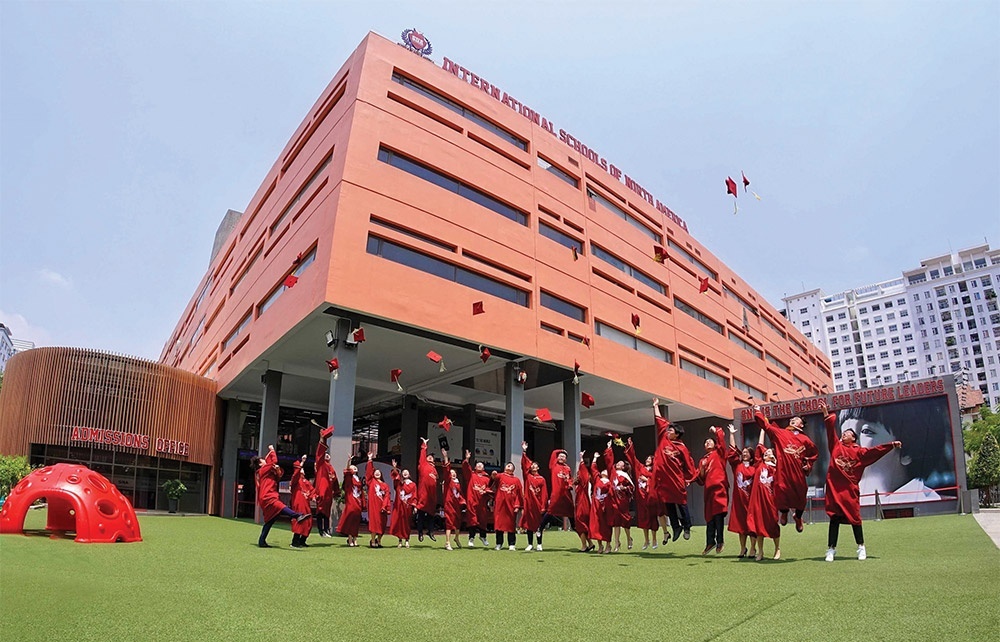
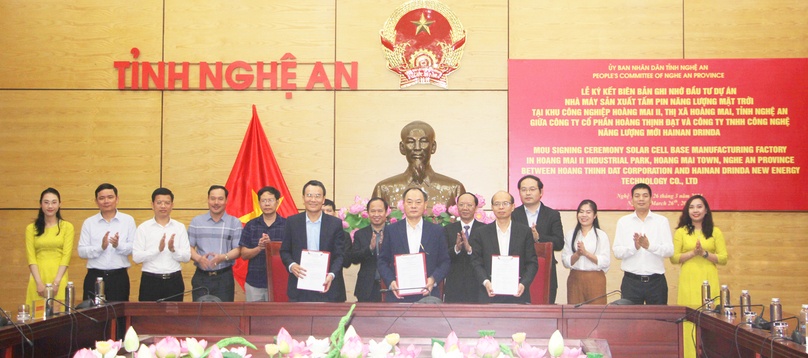

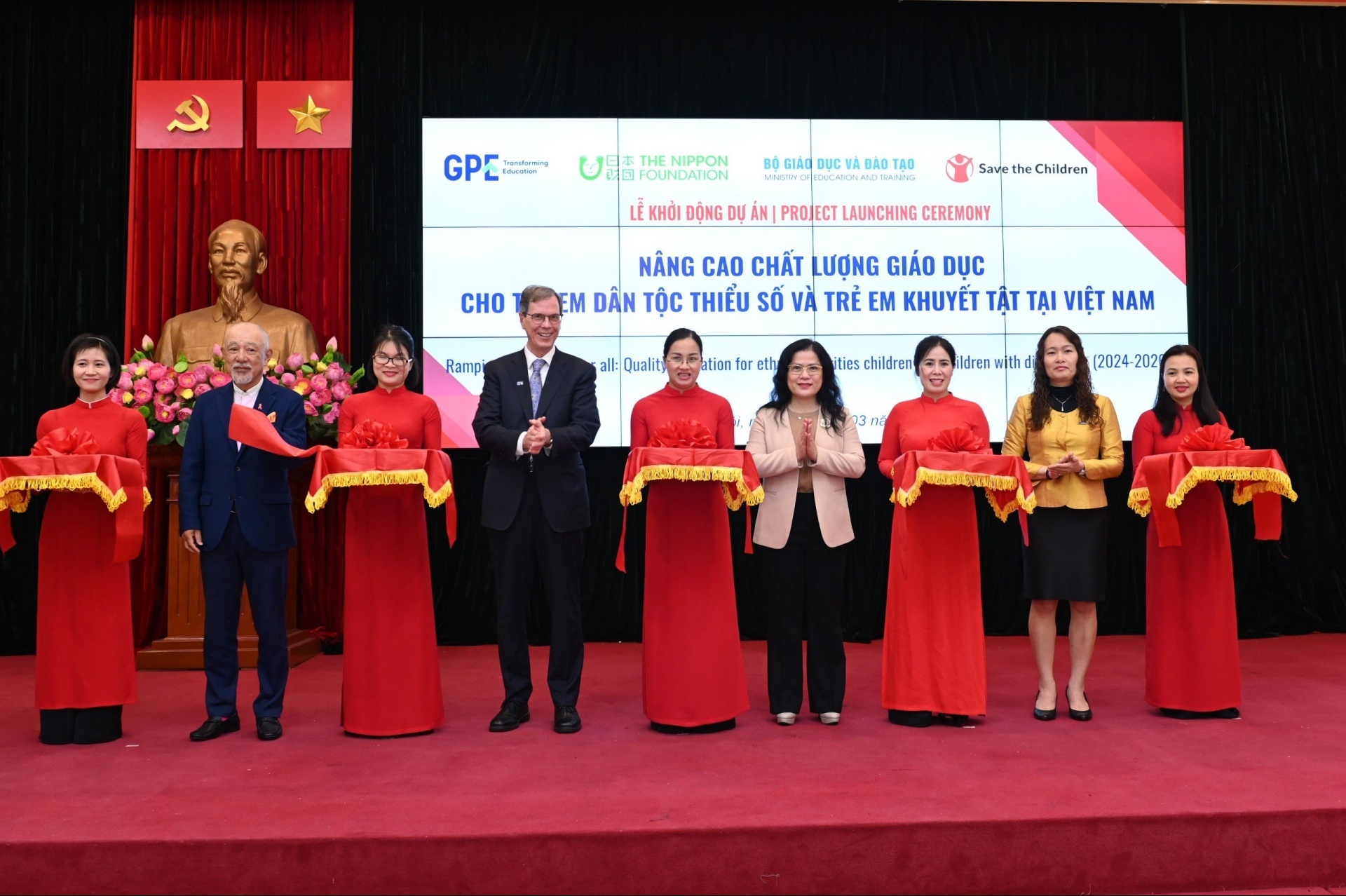





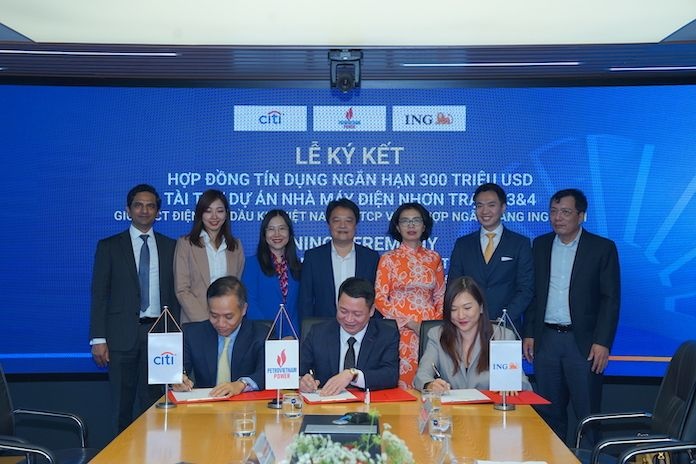

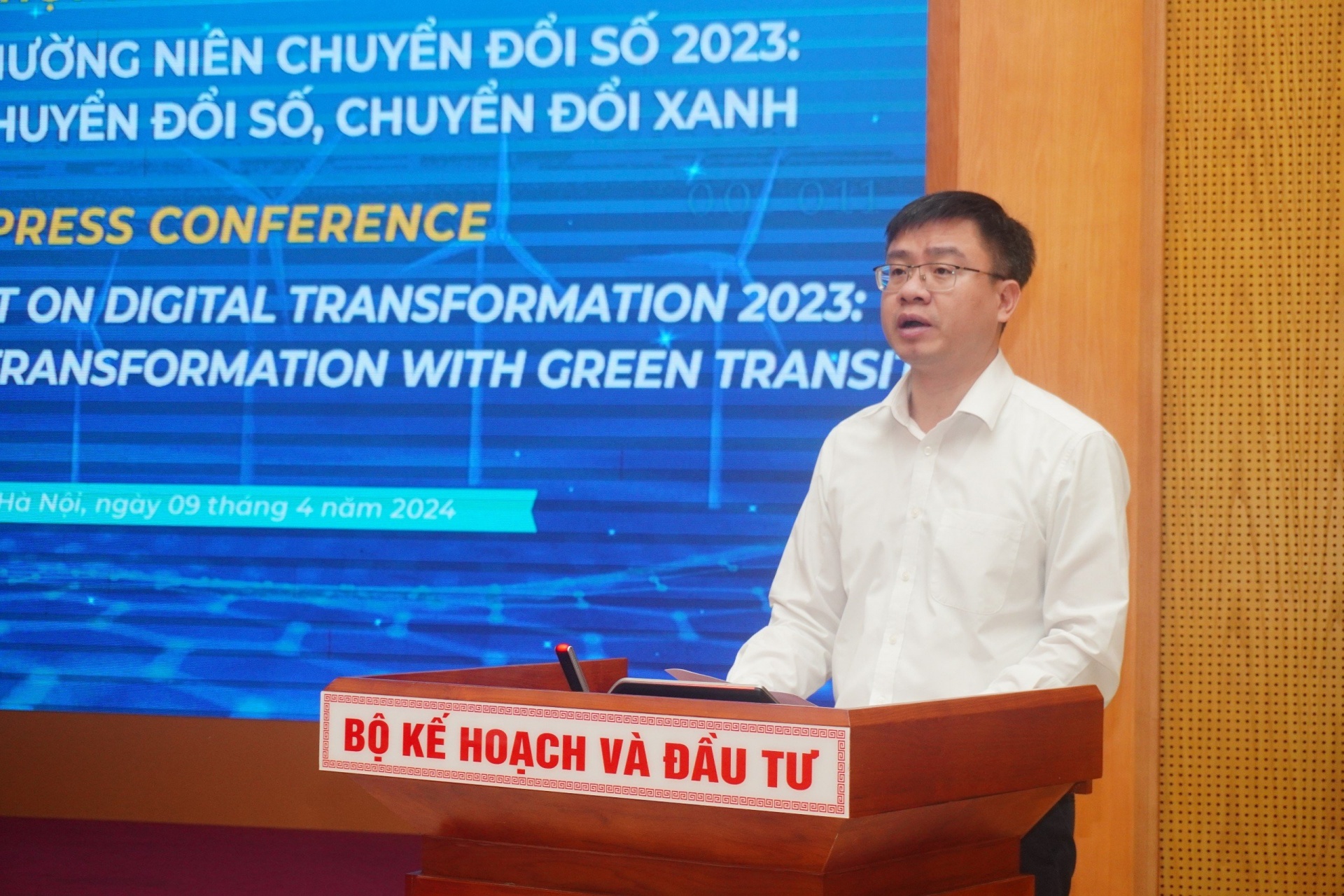




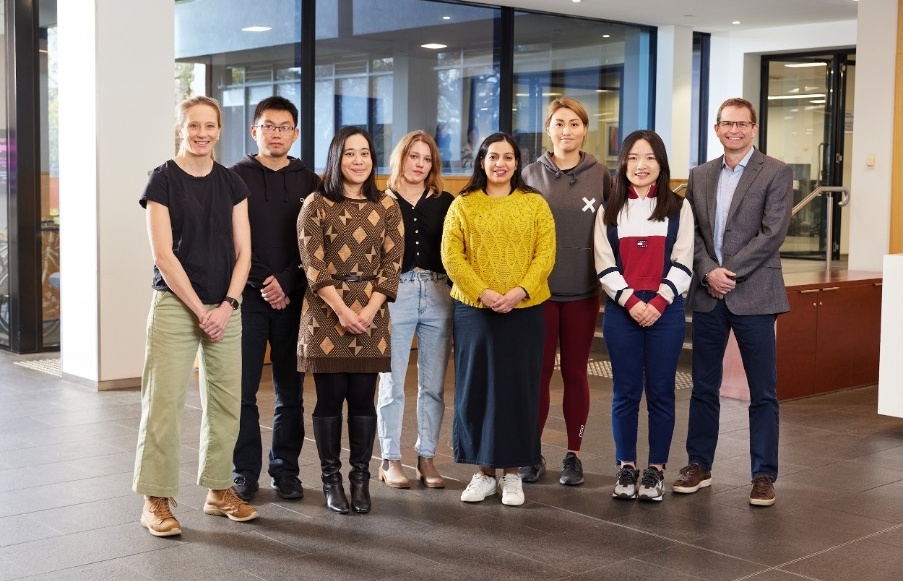
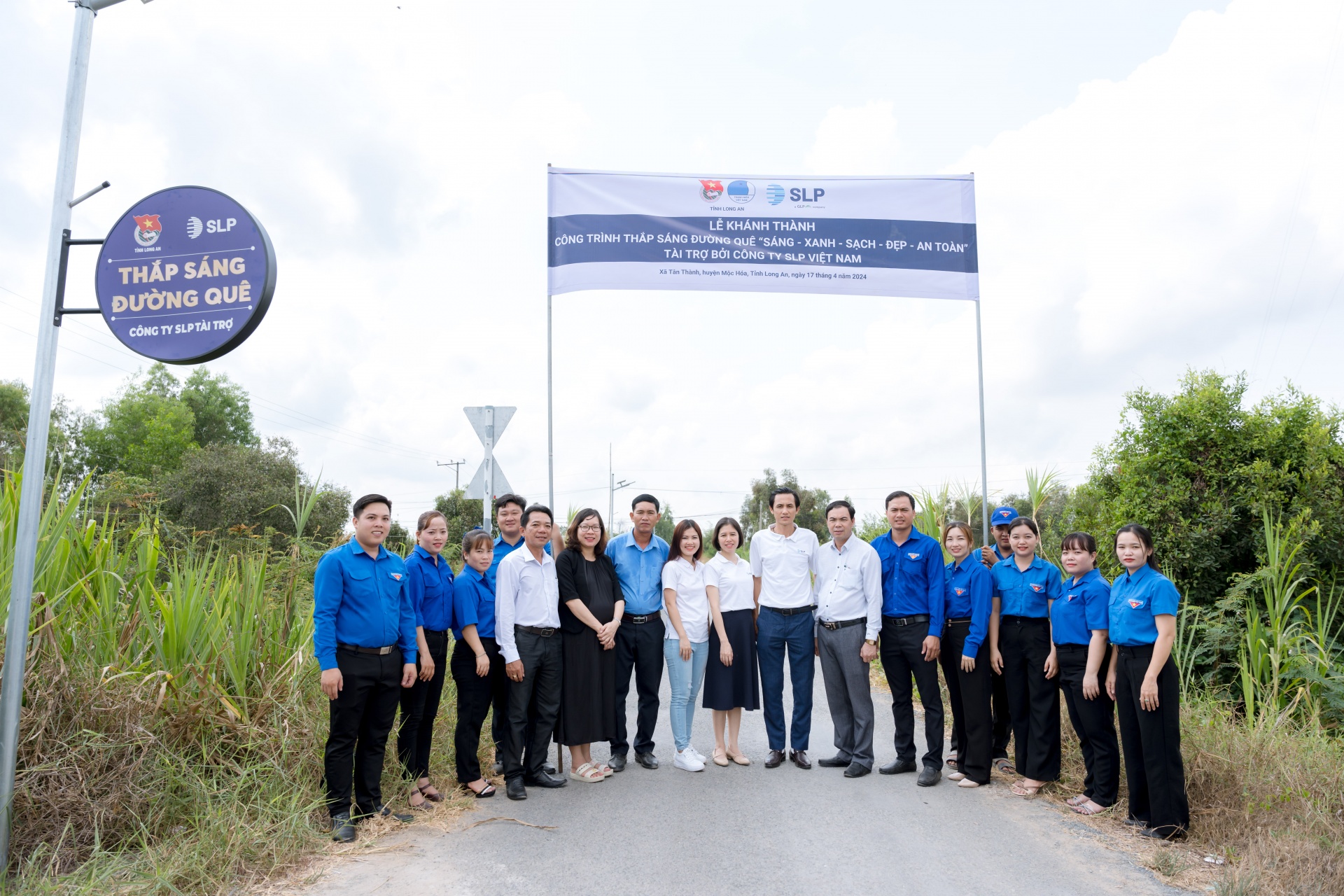



 Mobile Version
Mobile Version